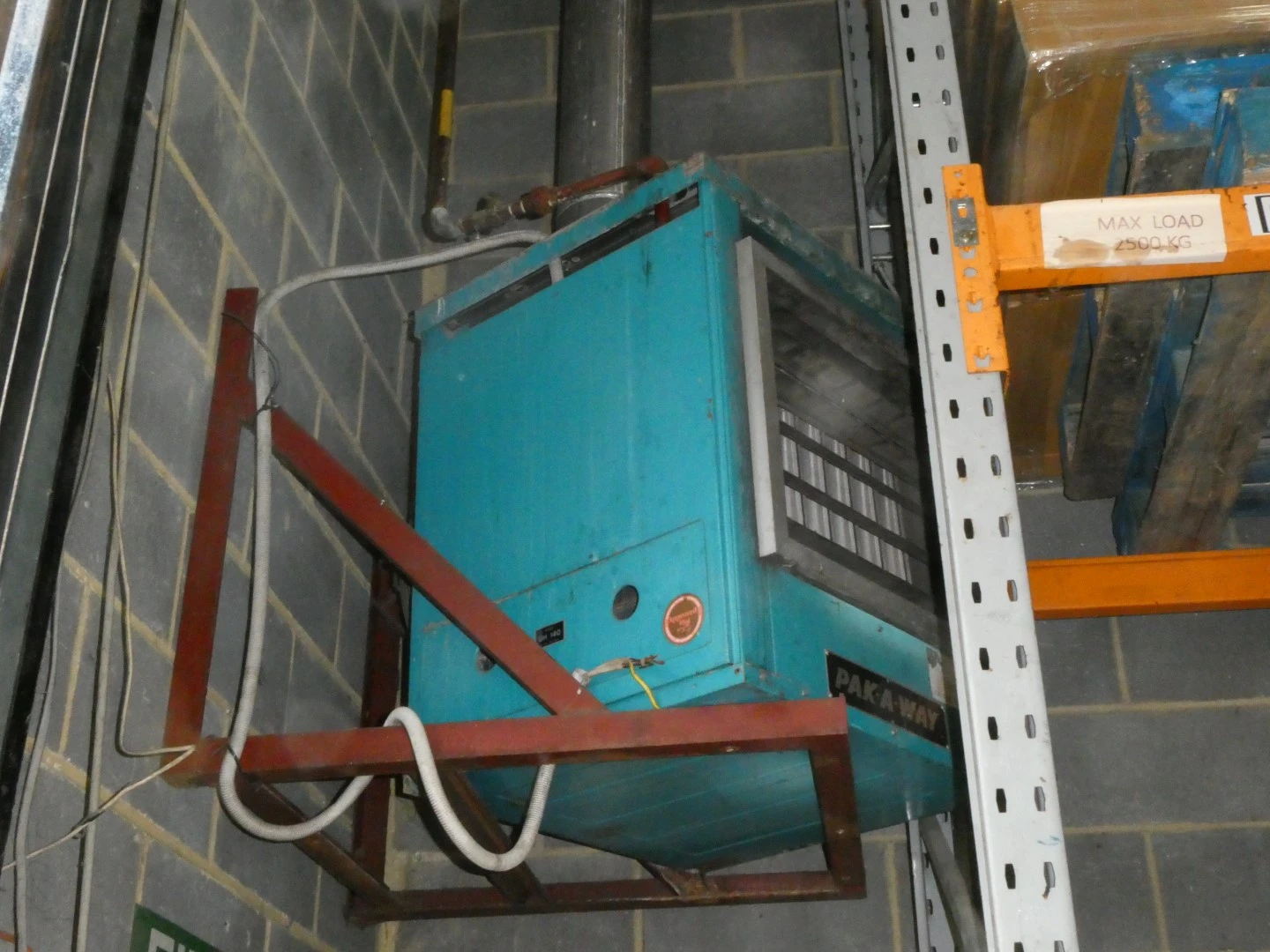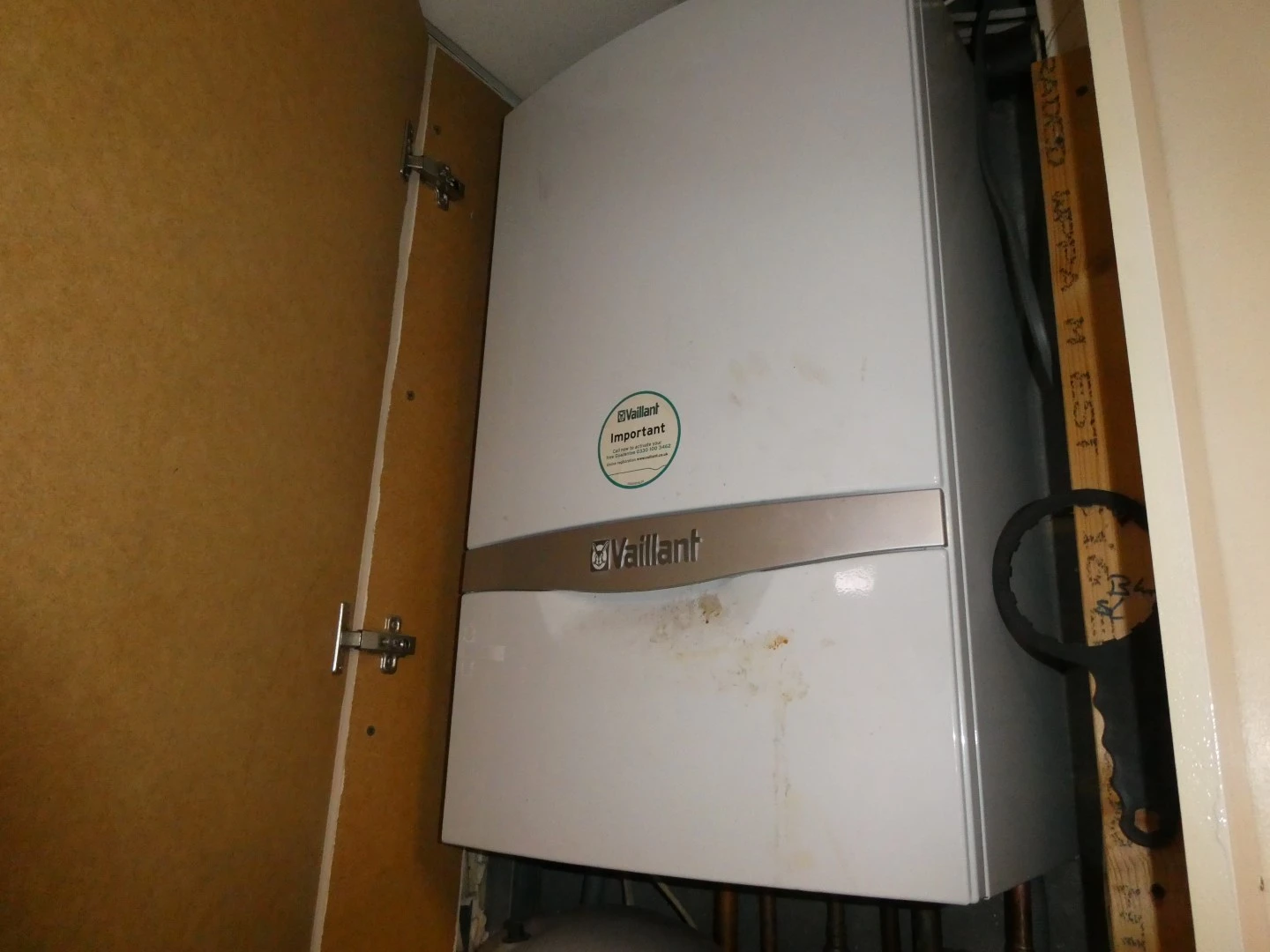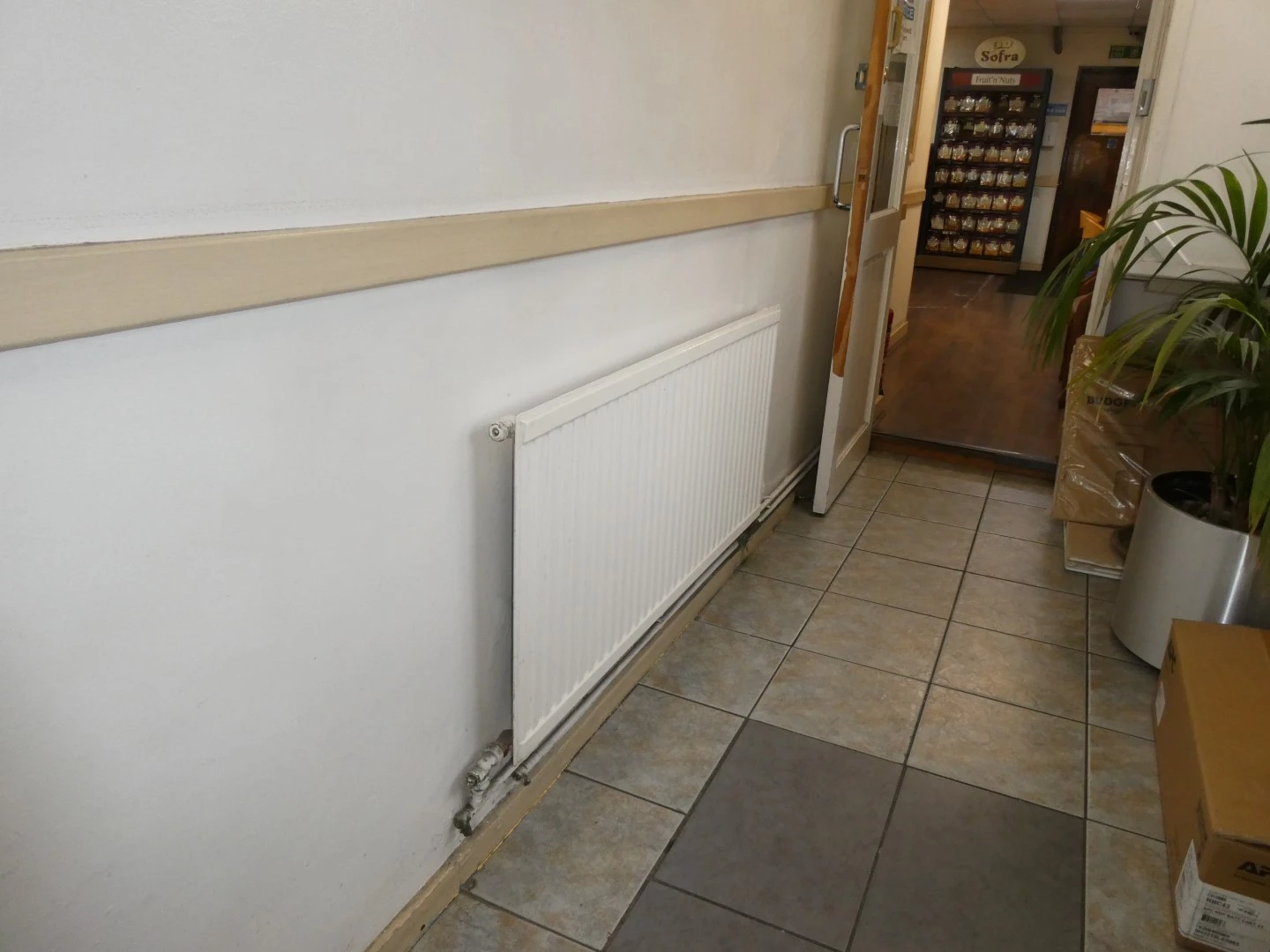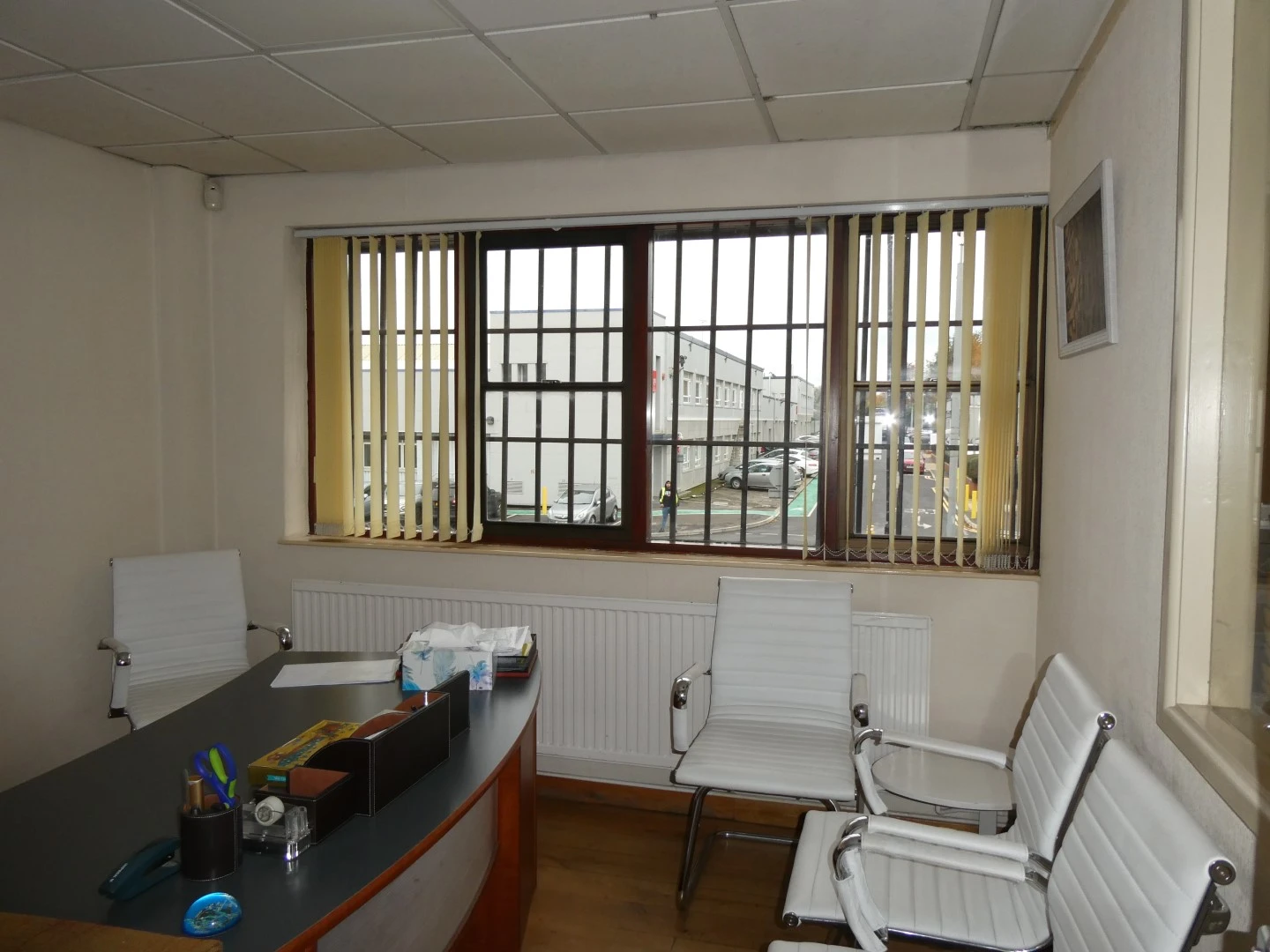
SEA Consulting was approached by a tenant in need of some advice regarding two units at Metropolitan Park in Greenford. They were in the unable to sign the leases on the properties due to the EPC ratings being F and G rated.
The tenant presented us with the landlords assessor’s explanation as to why the EPC ratings were bad. Through years of experience, these issues sounded incorrect and as a result we were instructed to reassessed the properties on behalf of the tenant.
Our surveys showed that one of the buildings was should have been a D rating rather than and F. The other property was a G rated, but could be easily brought up to a C rating with the removal of some redundant equipment. Our findings were passed to the tenant who passed this on to the landlord.
The landlord, one of the largest owners of industrial units in Europe, had decided to carry out alterations to rectify the EPC ratings despite our findings. They would be carrying out a reassessment of the properties using their own assessors.
Upon the works being completed, the EPC rating on one of the units was still below the rating that we had original achieved. How was it possible that even after supposed improvement works the EPC ratings were still worse that we had initial identified. This curiosity, led to a detailed review of the EPC assessments being taken place to identify the discrepancies in the ratings.
Upon receiving the detailed inputs used by the landlords assessor, we quickly identified multiple errors in the original assessment, which despite our initial feedback had not been addressed.


These errors were the main reason for the alteration works being carried out by the landlord who had trusted their energy assessor. These errors had also been carried over into the new assessments.
The changes resulted in the tenant being subject to a number of unnecessary alterations to the property. One of alterations was the replacement of the gas boiler with an electric boiler, which increased the building heating costs 3 fold.
Both the Landlord and Tenant was inconvenienced by 2 bad EPC assessments. This resulted in a delay in the lease being signed, unnecessary disruption to the tenant, unnecessary legal costs and capital expenditure, along with an impact to the landlords reputation and relationship with the tenant.
As we head towards a minimum B rating for 2030, the broader legal implications around EPCs and leases are becoming increasingly critical, including:
- Property Values
- Financing
- Cap-Ex
- Lettings / Tenant Retention
- Dilapidation Claims
- Professional Reputation
With EPCs now being challenged by tenants and used in court proceedings, MEES continues to have its impacts on the industry. The implications of a bad assessment can be significant, as shown here and in our dilapidation case study linked here.

Project Highlights
Problems Uncovered Quickly
Meaning with minor alterations the property could move from an EPC of G to C.
Reduction in Running Cost
We identified issues with MEP services that were resulting in 3x running cost.
Support When it's Needed
The landlord and tenant were given a bad EPC, we were there to fix the issues.









